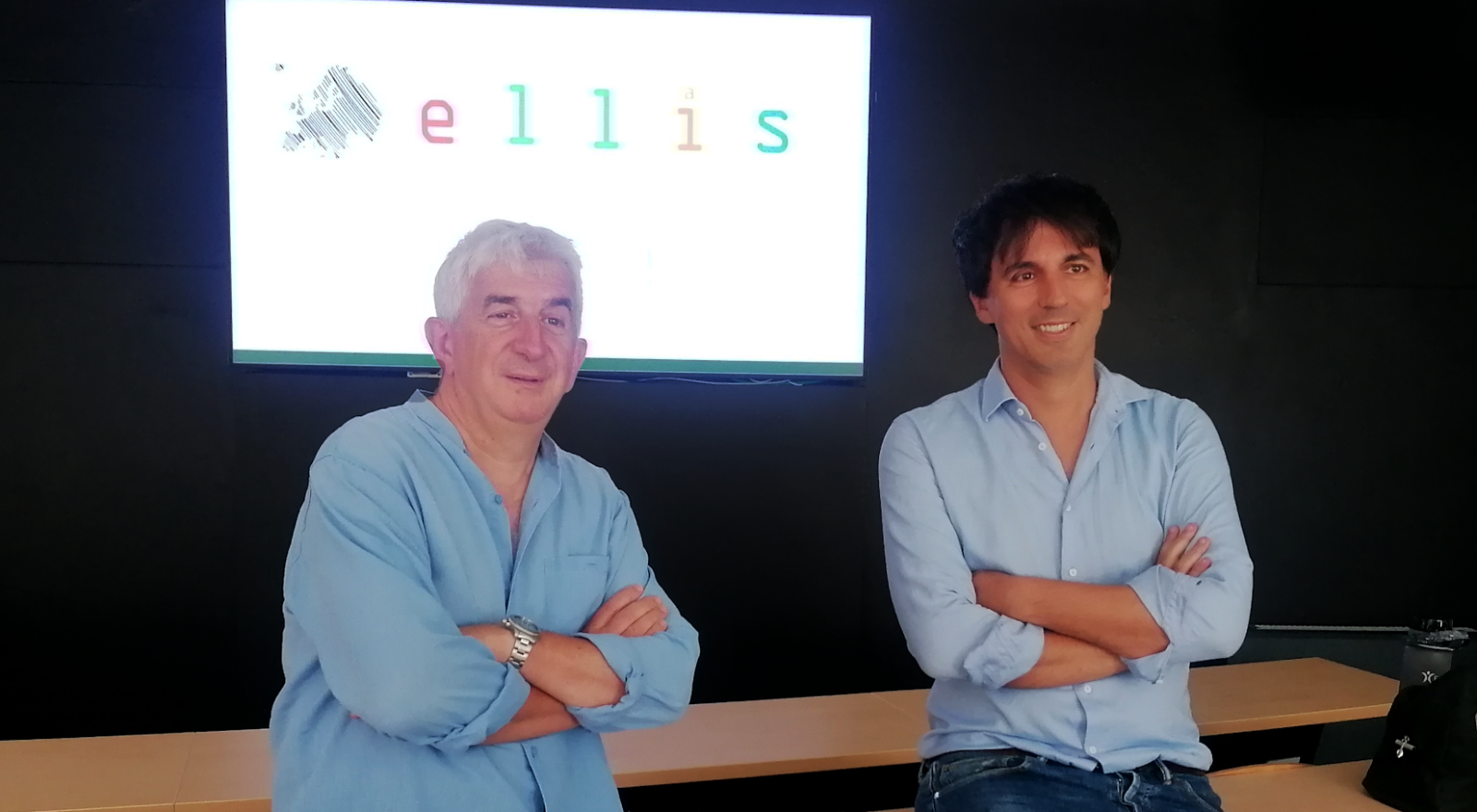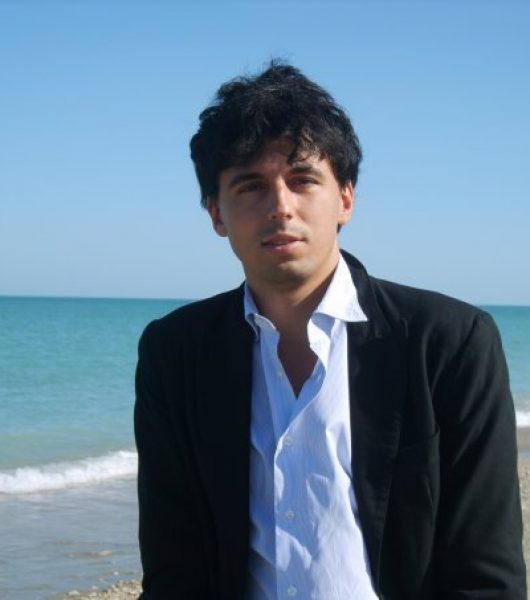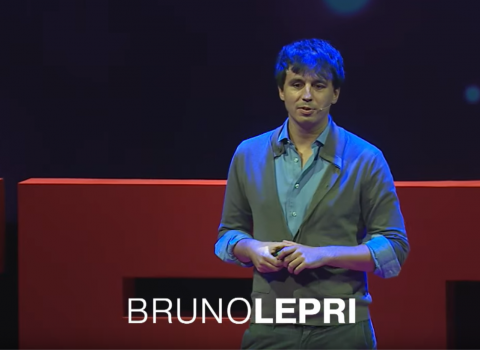
Artificial intelligence, Trentino unit of Ellis started
Fondazione Bruno Kessler and University of Trento join the European Machine Learning Network. The Department of Engineering and Information Science and the Center for Digital Society are involved. The initiative will serve the purpose of creating new businesses and start-ups
For years, the University of Trento with the Department of Engineering and Information Science and Fondazione Bruno Kessler have been collaborating on artificial intelligence and machine-learning. One of the priorities of the two institutions, as proven by the projects carried out in recent years in the areas of Industry 4.0, Health and Smart Cities, is to ensure that AI technologies address businesses and citizens needs. These activities will be further developed through participation in the European Ellis Lab on AI. The goal is to create a “research ecosystem” in Trentino and make the area increasingly competitive internationally.
The setting up of the Trentino unit of this initiative was officially presented at Trento-based Cismed on September 8, 2023.
Ellis (European Laboratory for Learning and Intelligent Systems) is like a “diffuse laboratory” that brings together scientists from Europe’s most prestigious research institutions (from Oxford and Cambridge to Zurich and Tübingen) working on machine learning. It currently has 39 units in 14 countries. The intent is to promote the scientific development of artificial intelligence in Europe, making the entire continent a world leader in this field. Ellis Units are selected on the basis of scientific excellence by a committee of scientists from different countries. The University of Trento is participating with the Department of Engineering and Information Science. Nicu Sebe, a professor at the department, is the co-director of the Trento Ellis Unit along with Bruno Lepri head of the Mobs Research Unit at FBK’s Center for Digital Society.
“The Ellis Unit in Trento,” Sebe said, “aims to consolidate the already very strong ties between the two main players, the University of Trento and Fondazione Bruno Kessler, but also to bring together the entire Trentino research ecosystem including start-ups, industry, and public administration. It will also be a beacon for researchers active in Northeast Italy.”
“The Ellis unit in Trento will be strongly multidisciplinary and will involve foundational and applied topics,” added Lepri. “In particular, the unit will focus on innovative approaches in computer vision, natural language processing, remote sensing, machine learning, social and cooperative artificial intelligence, while at the same time paying close attention to the applications of artificial intelligence to the climate, urban life, online life, and space challenges that characterize our society.
The activities of the two Trentino research institutions will range in several areas: from the creation of new algorithms for the automated data classification to the study of bias correction systems in the programming models of intelligent systems; from the development of new methodologies for remote sensing and monitoring of climate change to strategies to make cities smarter and safer; from space investigations to the design of tools to counter online disinformation, cyberbullying and online hate speech.
Participation in Ellis will also further expand the network of European collaborations. The Department of Information Engineering and Science has already allocated funds to host researchers from abroad. The University has also created specific masters and doctorate programs that will contribute to the training of young talents specializing in AI.
However, research will not remain confined to laboratory rooms. The Trentino unit of Ellis will in fact promote the creation of new companies and start-ups, which will thus strengthen the birth of a local scientific hub for artificial intelligence and machine learning.
Within Ellis, the Trentino university coordinates, together with FBK, which is a partner, one of the most important European projects again on the topic of artificial intelligence. We are talking about Elias (European Lighthouse of AI for Sustainability), which represents a network of excellence with a focus on sustainability. The goal is to make a contribution to the challenge posed by climate change. Elias will address, partly thanks to the involvement of researchers and young PhDs, scientific issues, now crucial, on how AI can reduce computational costs, model the effects of political decisions on society, have a positive impact on people’s lives.
(UniTN/FBK press release)




